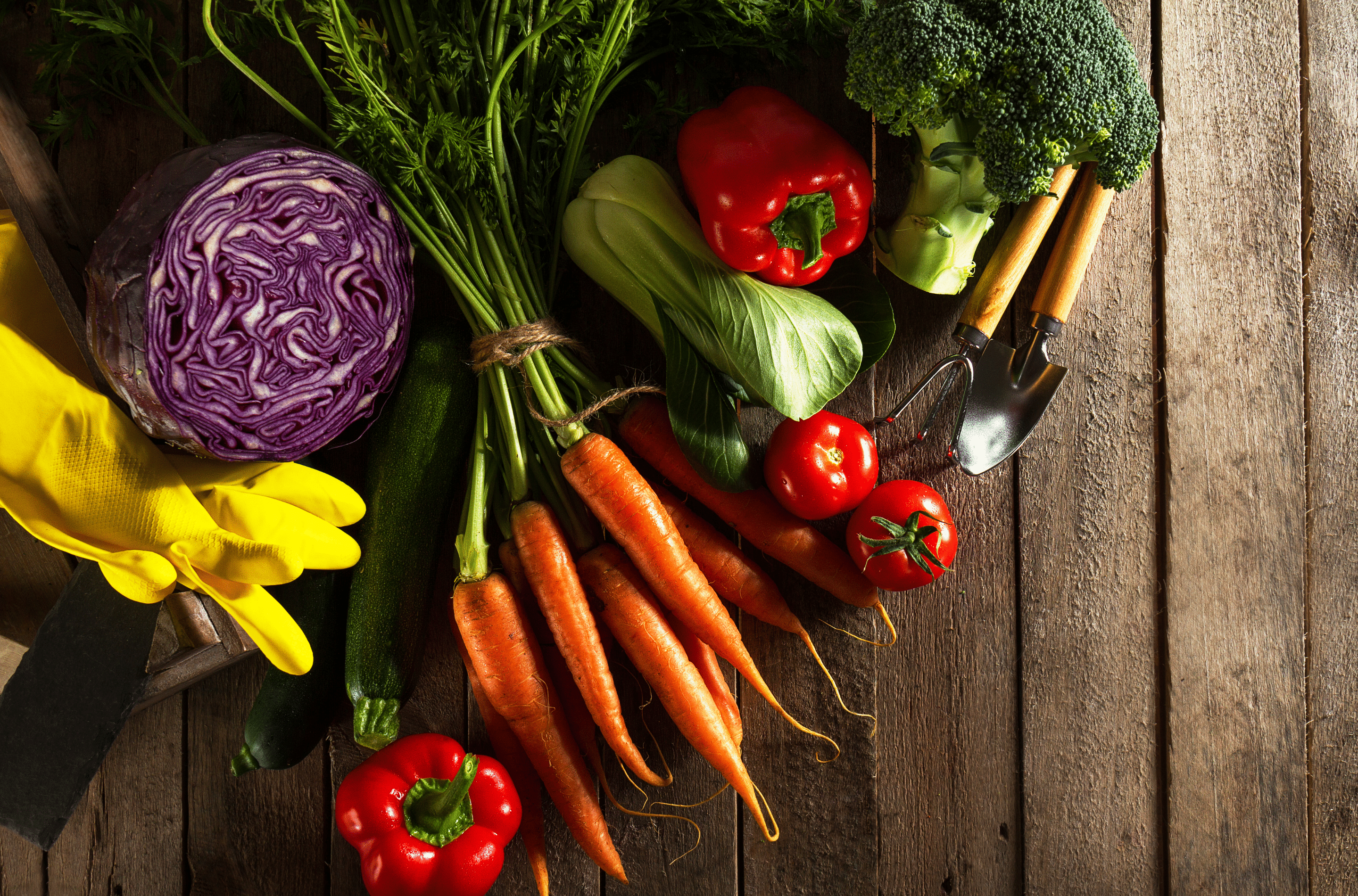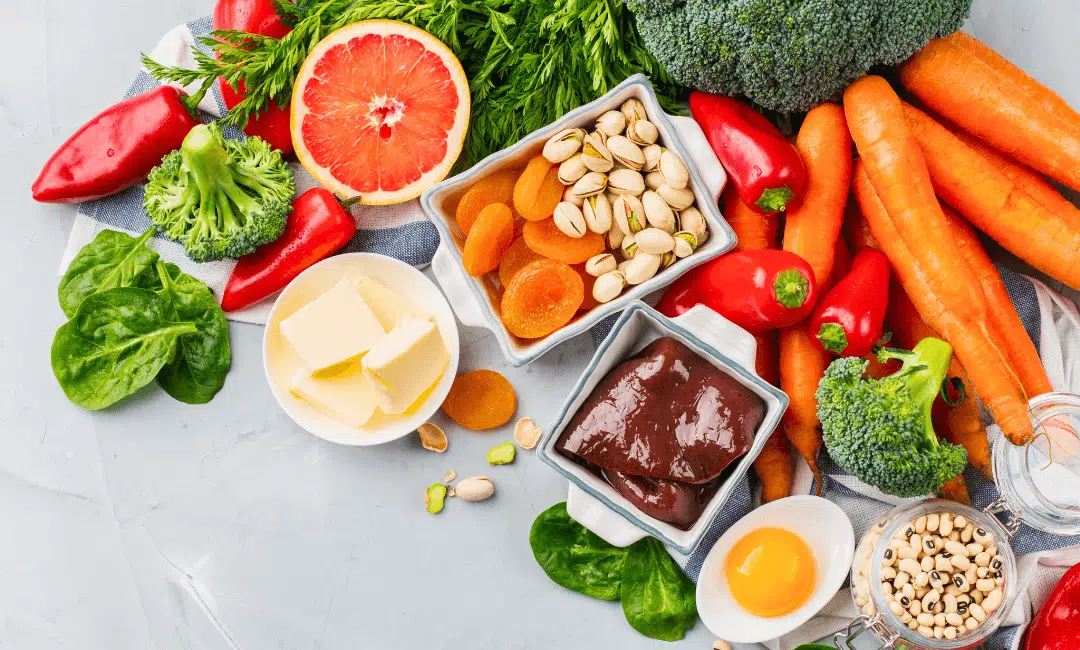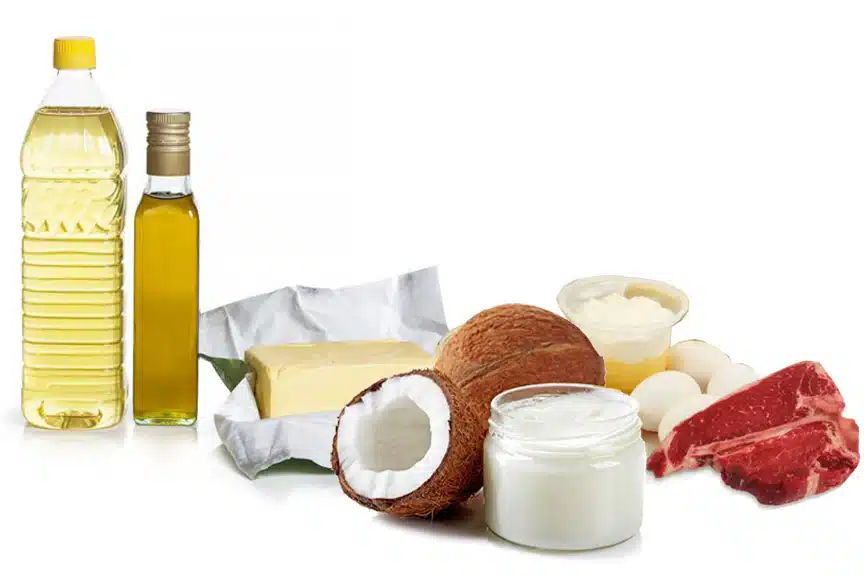Raw vegetables are a rich source of dietary fiber, which serves as a prebiotic – a type of food that nourishes the beneficial bacteria in our gut. By providing these beneficial microbes with the necessary fuel, raw vegetables help promote a healthy and diverse gut microbiome.
Additionally, raw vegetables are packed with a wide array of phytochemicals, antioxidants, and other beneficial compounds that contribute to gut health. These plant-based compounds not only support the growth of beneficial gut bacteria but also possess anti-inflammatory properties, which can help reduce inflammation in the gut and alleviate symptoms associated with various digestive disorders.
The Benefits of Consuming Raw Vegetables
Incorporating raw vegetables into our diet offers a multitude of benefits for our gut health and overall well-being. Here are some of the most notable advantages:
- Improved digestion: The fiber content in raw vegetables aids in promoting regular bowel movements and preventing constipation, a common issue that can lead to discomfort and potentially more serious health problems.
- Enhanced nutrient absorption: Raw vegetables contain enzymes that assist in the breakdown and absorption of nutrients, ensuring that our bodies can fully utilize the essential vitamins, minerals, and other beneficial compounds present in our food.
- Boosted immune function: A healthy gut microbiome plays a crucial role in regulating our immune system. By supporting the growth of beneficial gut bacteria, raw vegetables can help strengthen our body’s defense mechanisms against pathogens and infections.
- Reduced inflammation: Many raw vegetables are rich in anti-inflammatory compounds, such as antioxidants and phytochemicals, which can help alleviate inflammation in the gut and throughout the body.
- Improved mental well-being: Recent research has shown a strong connection between gut health and mental health. By promoting a balanced gut microbiome, raw vegetables may contribute to improved mood, reduced anxiety, and better cognitive function.
Risks Associated with Raw Vegetables and Gut Health
While raw vegetables offer numerous benefits for gut health, it’s important to acknowledge potential risks and take necessary precautions. Here are some considerations:
- Food safety: Raw vegetables can harbor harmful bacteria, viruses, or parasites if not properly washed or handled. It’s crucial to thoroughly wash and prepare raw vegetables to minimize the risk of foodborne illnesses.
- Digestive issues: For individuals with certain digestive disorders, such as irritable bowel syndrome (IBS) or inflammatory bowel disease (IBD), consuming large quantities of raw vegetables may exacerbate symptoms like bloating, gas, or abdominal discomfort.
- Nutrient absorption challenges: Some individuals may have difficulty absorbing certain nutrients found in raw vegetables due to factors like age, digestive enzyme deficiencies, or medical conditions.
It’s essential to consult with a healthcare professional or a registered dietitian if you have any concerns or specific dietary requirements.
Top Raw Vegetables for Boosting Gut Health
While all raw vegetables offer some benefits for gut health, certain varieties stand out for their exceptional nutrient profiles and prebiotic properties. Here are some of the top raw vegetables to consider incorporating into your diet:
- Leafy greens: Kale, spinach, arugula, and romaine lettuce are rich in fiber, vitamins, and antioxidants, making them excellent choices for promoting a healthy gut.
- Cruciferous vegetables: Broccoli, cauliflower, Brussels sprouts, and cabbage contain sulfur-containing compounds that support the growth of beneficial gut bacteria.
- Root vegetables: Carrots, beets, radishes, and jicama are excellent sources of fiber and prebiotics, which nourish the gut microbiome.
- Alliums: Onions, garlic, and leeks contain prebiotic fibers and sulfur compounds that contribute to a diverse and balanced gut microbiome.
- Fermented vegetables: Sauerkraut, kimchi, and other fermented vegetables are rich in probiotics, which are live beneficial bacteria that directly support gut health.
Incorporating Raw Vegetables into Your Diet
Integrating raw vegetables into your daily meals can be a delicious and convenient way to boost your gut health. Here are some simple strategies to consider:
- Start your day with a green smoothie: Blend leafy greens like spinach or kale with fruits, nuts, and plant-based milk for a nutrient-packed breakfast.
- Enjoy raw veggie sticks with dips: Prepare a colorful array of raw vegetable sticks, such as carrots, celery, bell peppers, and cucumbers, and serve them with hummus or other healthy dips.
- Add raw veggies to salads: Incorporate a variety of raw vegetables, like tomatoes, cucumbers, radishes, and shredded cabbage, into your salads for added crunch and nutrition.
- Experiment with raw veggie wraps: Use large leafy greens, like romaine lettuce or collard greens, as a wrap for your favorite raw vegetable fillings.
- Snack on raw veggies: Keep cut-up raw vegetables like carrots, bell peppers, and cucumber slices on hand for a quick and healthy snack.
Tips for Maximizing the Benefits of Raw Vegetables for Gut Health
While incorporating raw vegetables into your diet is a fantastic step towards promoting gut health, there are additional tips and strategies to consider:
- Variety is key: Aim to include a diverse range of raw vegetables in your meals to expose your gut microbiome to a wide array of beneficial compounds and fibers.
- Proper food handling: Always wash raw vegetables thoroughly and follow safe food handling practices to minimize the risk of foodborne illnesses.
- Gradual introduction: If you’re not accustomed to consuming large quantities of raw vegetables, introduce them gradually to allow your digestive system to adjust.
- Combine with probiotics: Consider incorporating fermented foods or probiotic supplements alongside raw vegetables to further support the growth of beneficial gut bacteria.
- Stay hydrated: Adequate hydration is essential for proper digestion and the absorption of nutrients from raw vegetables.
- Consult a professional: If you have any underlying health conditions or concerns, consult with a healthcare professional or registered dietitian for personalized guidance.
Final Thoughts
Embracing a diet rich in raw vegetables is a powerful step towards nurturing a healthy gut and promoting overall well-being. By providing our gut microbiome with the essential nutrients, fibers, and beneficial compounds found in these vibrant plant-based foods, we can support a diverse and balanced gut ecosystem. Explore our wide selection of fresh, locally sourced produce and discover the vibrant flavors and textures that can nourish your gut microbiome.
Remember, every individual’s dietary needs and preferences are unique, so it’s essential to listen to your body and make adjustments as necessary. Incorporating raw vegetables into your meals can be a delicious and rewarding journey, not only for your gut health but also for your overall well-being.
Sources
https://zoe.com/learn/best-vegetables-for-gut-health
https://www.medicalnewstoday.com/articles/healthier-gut-microbiome-eat-more-fruit-vegetables
https://www.livestrong.com/article/13729121-best-vegetables-for-gut-health/
https://www.medicalnewstoday.com/articles/323319
https://www.uhhospitals.org/blog/articles/2023/11/raw-vs-cooked-vegetables
https://www.verywellhealth.com/ibs-and-raw-vegetables-3980667
https://drwillcole.com/functional-medicine/the-1-mistake-youre-making-when-eating-for-gut-health








